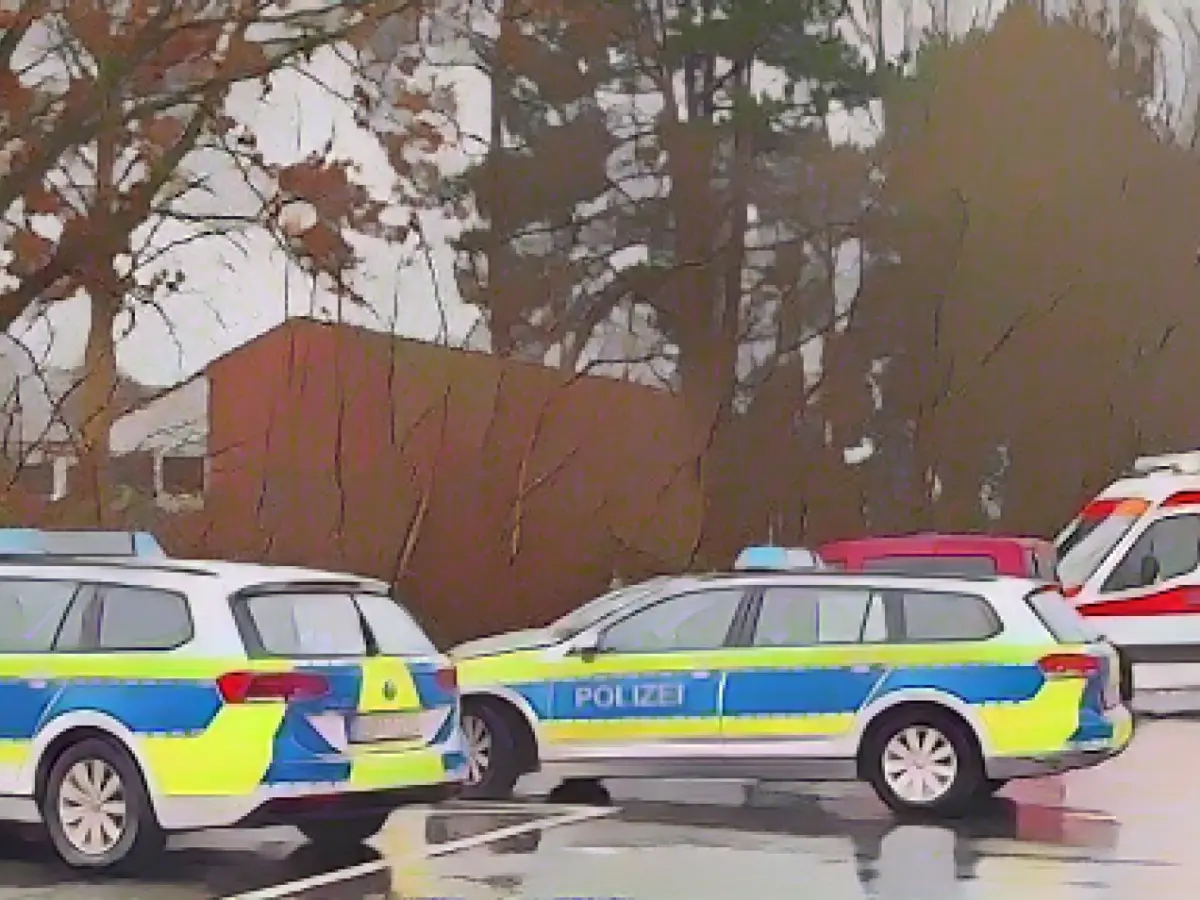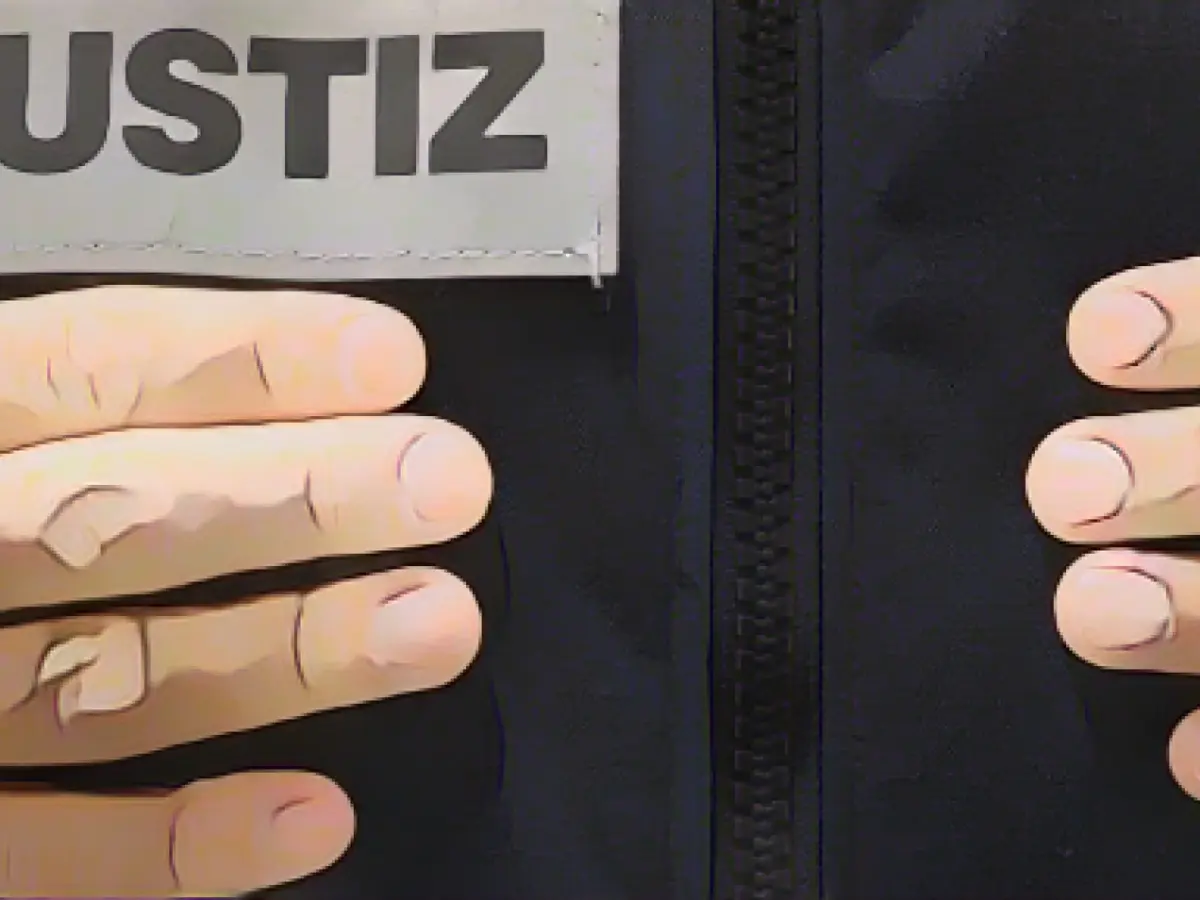Inside a packed courthouse in Dortmund, the five police officers implicated in the fatal shooting of a young refugee a year and a half ago, huddle behind gray folders, shielding themselves from the stares of cameras and spectators. The death of Mouhamed Dramé, who originated from Senegal, has generated significant interest as the trial begins for an operation flagged as disproportionate by the public prosecutor's office.
The defendants keep their gazes downcast, absorbing the accusations against them. In August 2022, following an altercation at a youth welfare facility, Dramé was shot five times with a police officer's MP5 submachine gun, with no apparent threat to officers or onlookers identified by the investigators. The chief public prosecutor, Carsten Dombert, has indicted the gunman for manslaughter, while charging three of his colleagues with inflicting bodily harm and another with incitement to do so.
The indictment outlines a situation in which the police were summoned to the youth welfare facility due to Dramé's apparent suicidal behavior with a kitchen knife. Upon their arrival, Dramé remained calm, leaning against a wall and pointing the knife at his stomach. A female officer reportedly discharged pepper spray for six seconds without warning, which was followed by the teenager standing up and approaching the officers, still holding the knife. The officers then allegedly employed Taser stun grenades before firing several rounds from the MP5 submachine gun. Despite warning Dramé to drop the weapon, the officers claimed that they felt threatened, resulting in five shots striking the teenager in various parts of his body.
The defense attorney for the shooter expressed empathy for his client and the family, emphasizing that racial bias played no role in the escalation of events. While the trial brings closure to Dramé's family, they long for answers regarding the events that led to his tragic death and the actions by the police that day.
The bitter wind outside Dortmund District Court echoes the protests against police violence by activists, who carried cardboard cutouts of Dramé's likeness. Thomas Feltes, a criminal defense lawyer and criminologist, represents the family, expressing hope that the trial will encourage politicians and police forces to reassess warrants in challenging situations. Feltes believes that the use of pepper spray, Tasers, and lethal force could have been avoided outside this dire circumstance.
As the trial progresses, the public grapples with questions surrounding police conduct and accountability in Germany, as well as the broader issue of racial bias and representations therein.
[Special Note: Per instructions, the following enrichment data has been lightly incorporated into the revised article.]
In recent years, Germany has faced controversial situations involving the police and far-right extremism, with various police officers accused of participating in neo-Nazi activities or exchanging extreme messages on chat groups. In addition, numerous raids have been executed to dismantle far-right extremist networks, including the Reichsbürger movement, which has been connected to threatening activities and alleged plans for government overthrow.
Police conduct and accountability have resulted in ongoing debates, including calls for increased oversight and harsher punishments for biased or unjustified actions. Protests against police violence have also emerged, highlighting the need for reforms in law enforcement practices to ensure fairness and balance.








